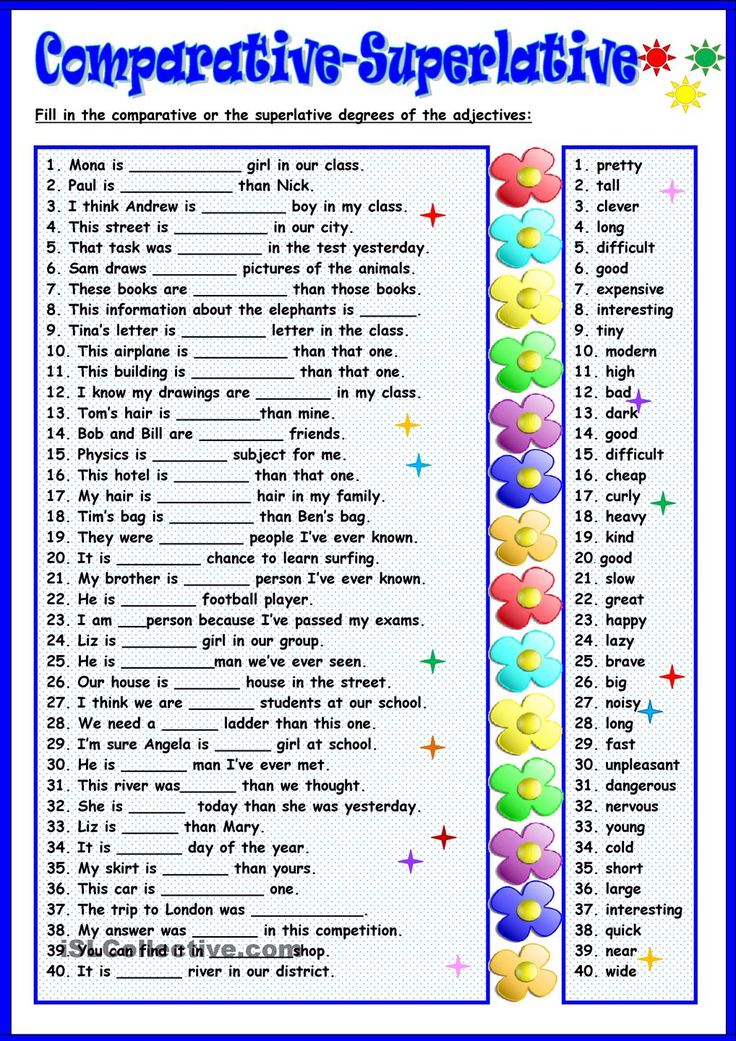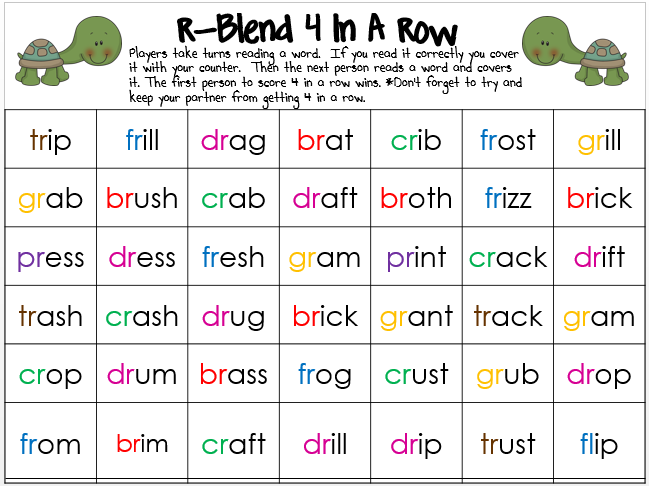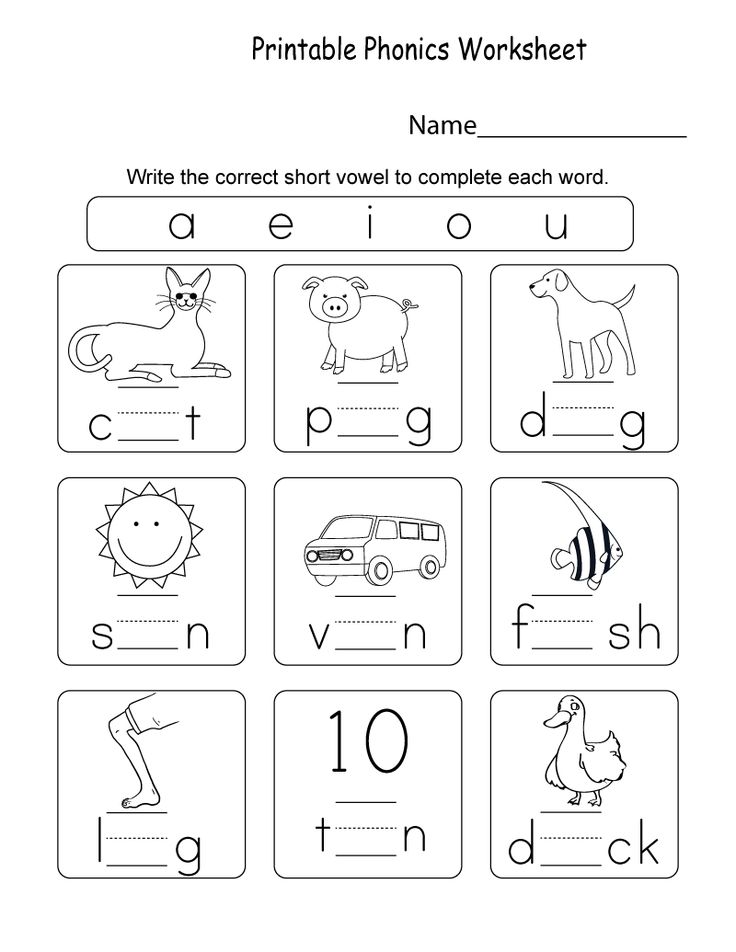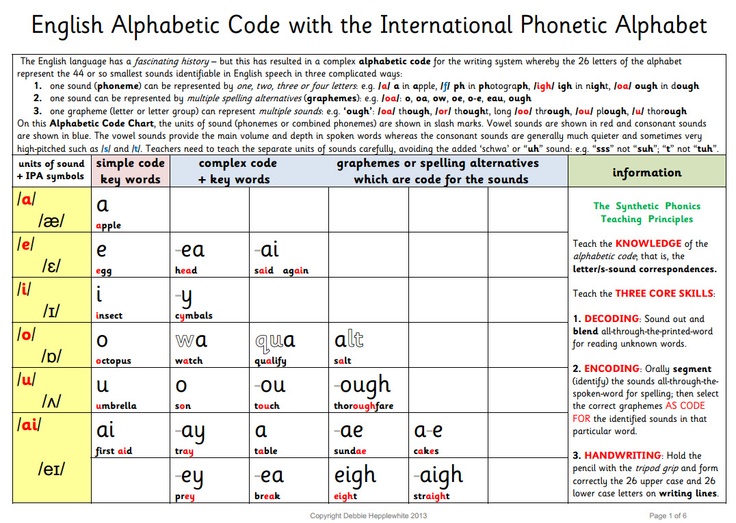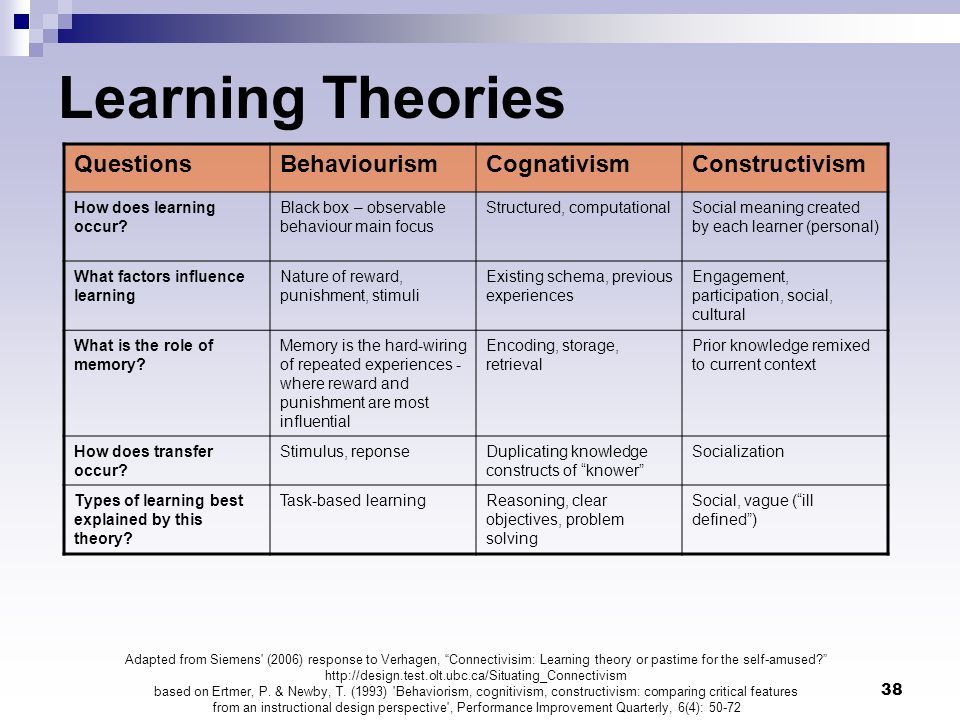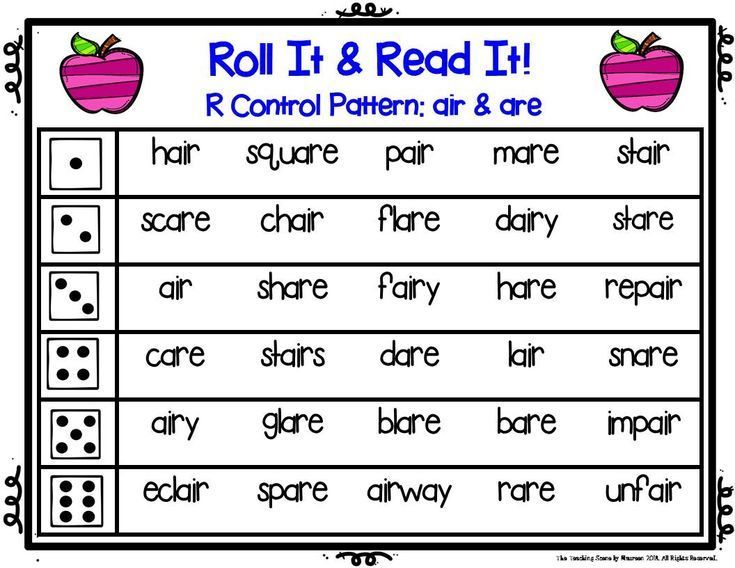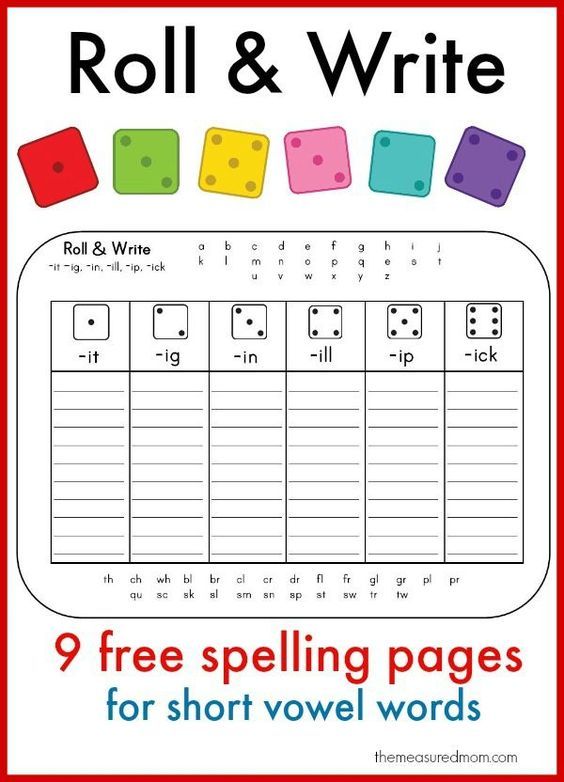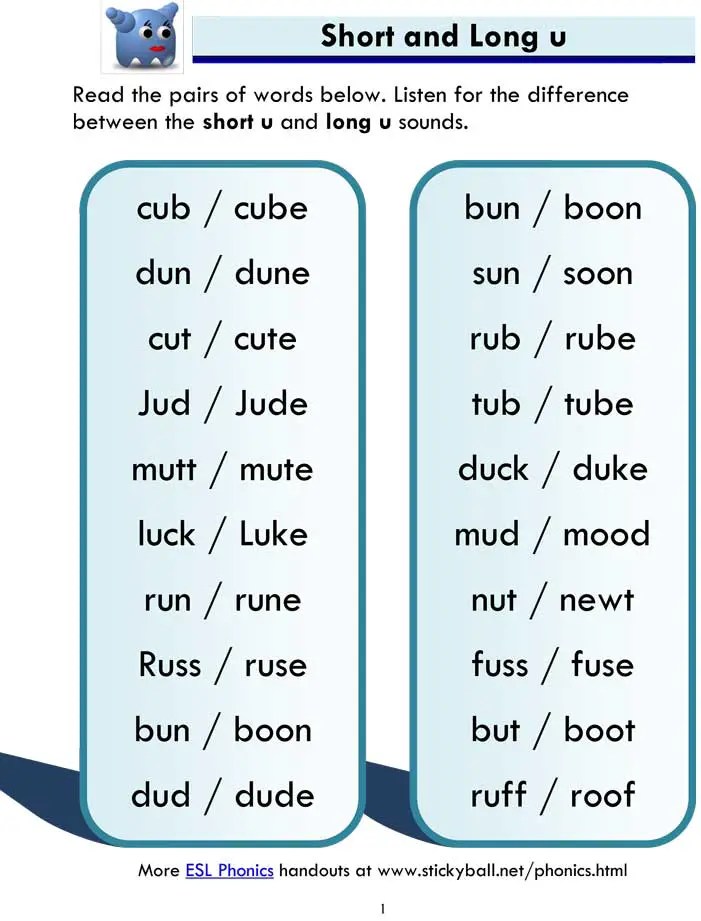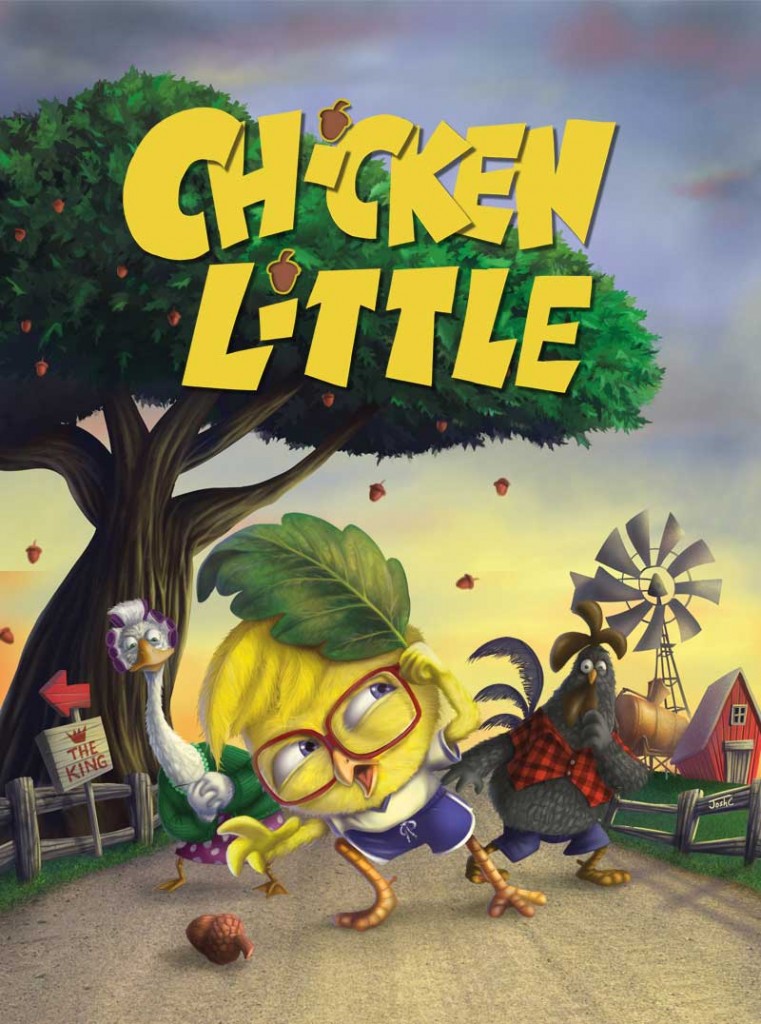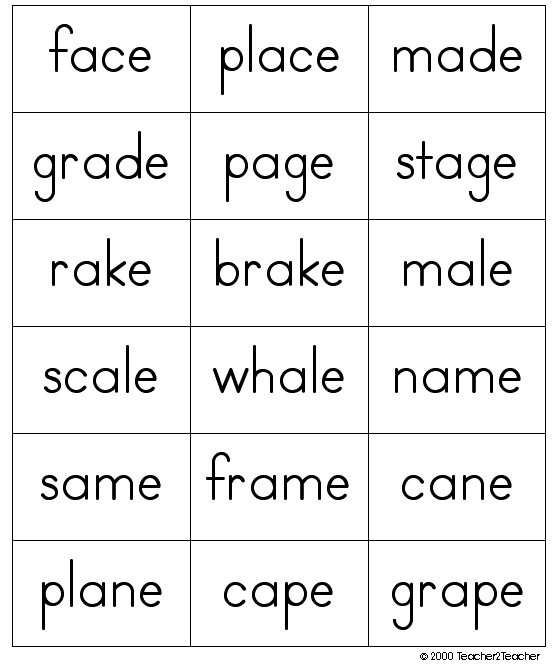Vocabulary for children
The Basic Spelling Vocabulary List
By: Steve Graham, Karen R. Harris, Connie Loynachan
This list was created to help teachers know which spelling words should be taught to kids in grades 1–5. The list contains 850 words that account for 80 percent of the words children use in their writing — the ones they need to be able to spell correctly.
This list was devised to help educators know which spelling words should be taught to children. The list contains 850 words that account for 80 percent of the words children use in their writing — the ones they need to be able to spell correctly.
Mastering this relatively small corpus of words yields a high rate of return. For example, the most common 1,000 words are used 13 times more frequently than the next most common 1,000 words. It also provides teachers flexibility in planning spelling instruction, providing an opportunity to give children the "basics" while supplementing with other spelling words germane to classroom activities.
Grade level for each word was determined based upon difficulty, pattern of occurrence in children's writing across grades, and grade placement on current vocabulary lists and spelling materials.
Words that children have difficulty spelling correctly are marked with an asterisk.
Grade 1 | |||
|---|---|---|---|
| a | fat | like* | sat
|
Back to Top
Grade 2 | |||
|---|---|---|---|
| about* | father* | lives | set |
Back to Top
Grade 3 | |||
|---|---|---|---|
| able | even | mind | spelling |
Back to Top
Grade 4 | |||
|---|---|---|---|
| across | during | mountain | sure* |
Back to Top
Grade 5 | |||
|---|---|---|---|
| although | different* | planet | suddenly
|
Back to Top
Graham, S.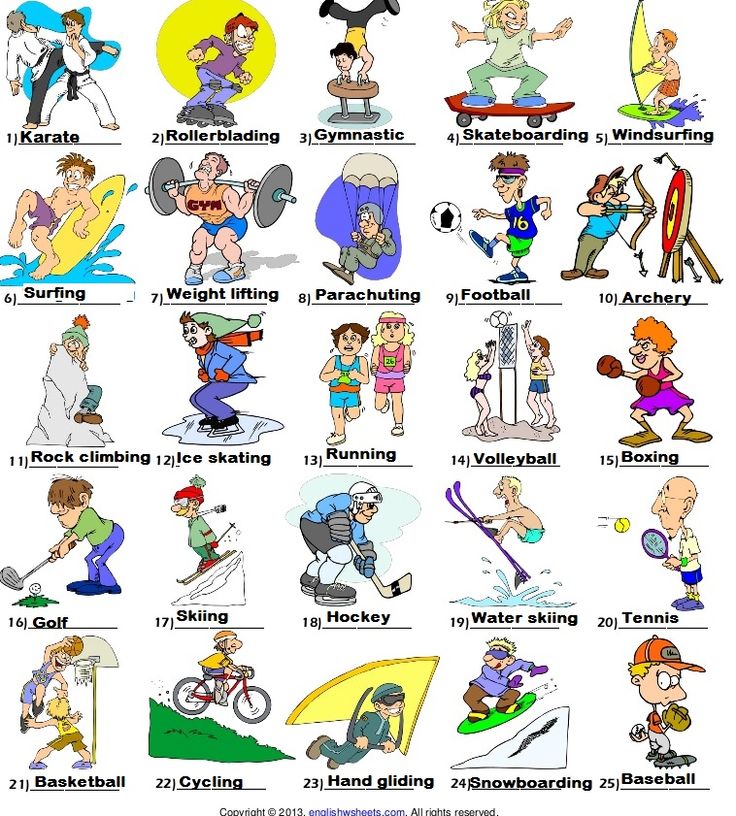 , Harris, K.R. and Loynachan, C. (1993). The Basic Spelling Vocabulary List. Journal of Educational Research 86(6) 363-368.
, Harris, K.R. and Loynachan, C. (1993). The Basic Spelling Vocabulary List. Journal of Educational Research 86(6) 363-368.
Reprints
You are welcome to print copies for non-commercial use, or a limited number for educational purposes, as long as credit is given to Reading Rockets and the author(s). For commercial use, please contact the author or publisher listed.
Related Topics
Early Literacy Development
Spelling and Word Study
Vocabulary
Writing
New and Popular
Print-to-Speech and Speech-to-Print: Mapping Early Literacy
100 Children’s Authors and Illustrators Everyone Should Know
A New Model for Teaching High-Frequency Words
7 Great Ways to Encourage Your Child's Writing
Screening, Diagnosing, and Progress Monitoring for Fluency: The Details
Phonemic Activities for the Preschool or Elementary Classroom
Our Literacy Blogs
Teaching Reading to Students Who Experience Trauma
Kids and educational media
Meet Ali Kamanda and Jorge Redmond, authors of Black Boy, Black Boy: Celebrating the Power of You
Get Widget |
Subscribe
kids - Vocabulary List | Vocabulary.
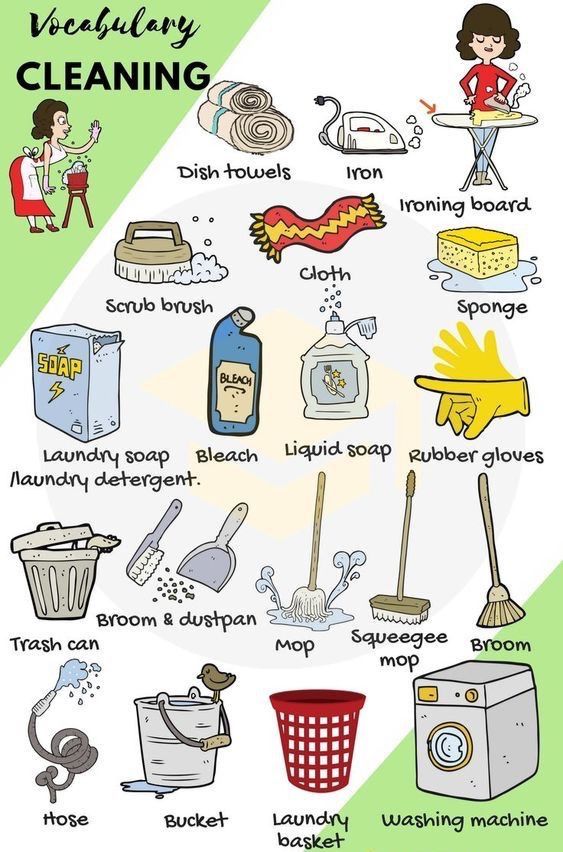 com
comLearn words with Flashcards and other activities
Other learning activities
PracticeAnswer a few questions on each word. Use this to prep for your next quiz! Vocabulary JamCompete with other teams in real-time to see who answers the most questions correctly! Spelling BeeTest your spelling acumen. Read the definition, listen to the word and try spelling it!
Teaching tools
QuizCreate and assign quizzes to your students to test their vocabulary. Assign activitiesAssign learning activities including Practice, Vocabulary Jams and Spelling Bees to your students, and monitor their progress in real-time.
-
helicopter
an aircraft without wings that obtains its lift from the rotation of overhead blades
-
hippopotamus
massive thick-skinned herbivorous animal living in or around rivers of tropical Africa
-
school
an educational institution
-
river
a large natural stream of water (larger than a creek)
-
bear
be pregnant with
-
giraffe
tallest living quadruped
-
lion
large gregarious predatory feline of Africa and India having a tawny coat with a shaggy mane in the male
-
mommy
informal terms for a mother
-
daddy
an informal term for a father
-
brother
a male with the same parents as someone else
-
friend
a person you know well and regard with affection and trust
-
candy
a rich sweet made of flavored sugar often with fruit or nuts
-
toy
an artifact designed to be played with
Created on December 9, 2009
90,000 increase in vocabulary. Blog Logo-ExpertLogo-Expert Blog
children Dictionary for parents
The quality and quantity of a child's vocabulary largely determine the level of speech development in general. The formation and development of a dictionary is one of the main directions of the speech development of preschoolers. This topic has been the subject of numerous studies over many decades, and does not lose its relevance even now. Currently, there are trends of deterioration in the level of speech development of children, including the scarcity of their vocabulary. The reasons for this deplorable situation are heredity, and congenital pathologies of development, and the imperfection of the educational system, and the lack of competence of teachers and parents on the speech development of preschoolers. Usually, vocabulary work is most intensively carried out in the early and younger preschool years, but it should continue in the older age groups of the kindergarten.
The reasons for this deplorable situation are heredity, and congenital pathologies of development, and the imperfection of the educational system, and the lack of competence of teachers and parents on the speech development of preschoolers. Usually, vocabulary work is most intensively carried out in the early and younger preschool years, but it should continue in the older age groups of the kindergarten.
There are certain norms for the development of speech, an indicator of which, in particular, is the number of words a child knows. By the end of the first year of life, the first words appear (10-15 words). Babbling (lyalya, mom, dad) and onomatopoeic (meow, bibi). During the 2nd and 3rd years of life, the child has a significant accumulation of vocabulary. By 1.5 years - 100 words, by 2 years - 300-400 words, by 3 years - 1000-1500 words, and at 6-7 years old the active vocabulary is from 3500 to 5000 words.
Before entering school, a test is mandatory, which includes an assessment of speech development. And recently, the statistics have been disappointing, because most first-graders show signs of delayed speech development. This is a serious problem, which leads to the fact that such children are simply not ready for school. And first of all, this affects the acquisition of literacy - children simply do not have enough knowledge to pick up test words.
And recently, the statistics have been disappointing, because most first-graders show signs of delayed speech development. This is a serious problem, which leads to the fact that such children are simply not ready for school. And first of all, this affects the acquisition of literacy - children simply do not have enough knowledge to pick up test words.
To prevent this, effective measures must be taken to enrich the child's vocabulary so that he knows as many words as possible before entering school.
A child's vocabulary is of two types - passive and active. Passive vocabulary is those words, the meaning of which the child understands, but does not use in his everyday speech. The active vocabulary includes those words that the child not only understands, but also uses them in speech and writing. As a rule, the passive dictionary is always larger than the active one.
Thus, the main task is to expand the passive vocabulary, as well as help in activating the active vocabulary.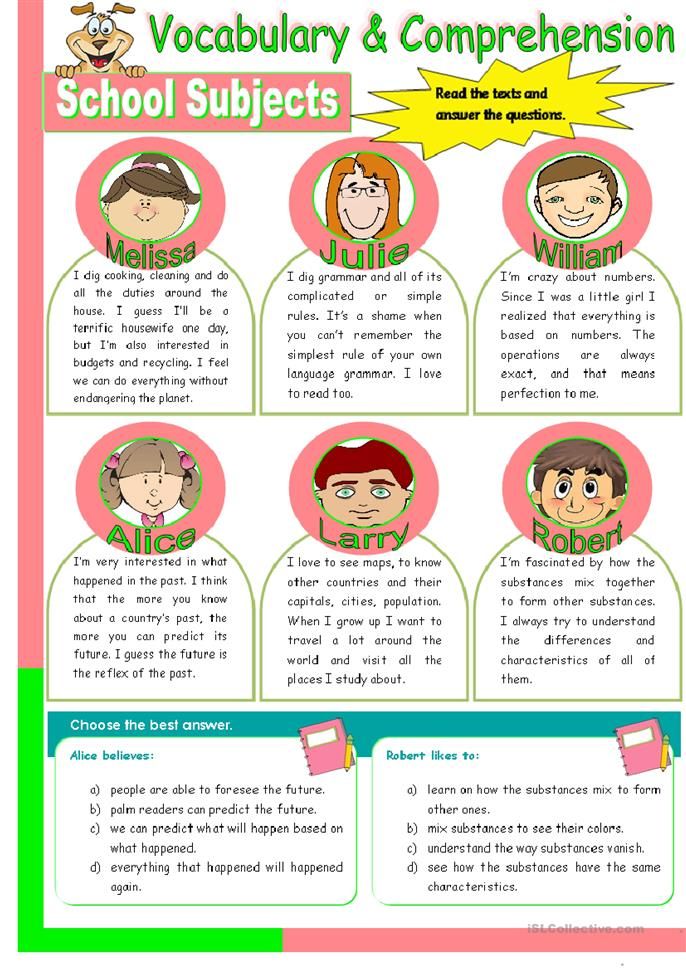 The most active period, when the child begins to master the largest number of words, is the age of 1 year. If at 12 months a child knows about 12 words, then by the age of 4 he already masters up to 2000 words.
The most active period, when the child begins to master the largest number of words, is the age of 1 year. If at 12 months a child knows about 12 words, then by the age of 4 he already masters up to 2000 words.
It is important to understand that words are not acquired by themselves - this is the result of systematic work to expand the child's vocabulary. And the work must be carried out every day - only in this way can good results be achieved. A huge role in this process is played by parents, on whose participation it directly depends on how quickly the child begins to speak and how rich his vocabulary will be.
There are a number of recommendations to help form and increase the vocabulary of preschool children. Most of them do not require much effort on the part of parents.
All children are in different conditions of speech development, so the number of words they know is different in each case. But there is a certain list of terms and concepts that children should know by the age of 5-7:
- Household dictionary (names of toys, dishes, hygiene and household items).
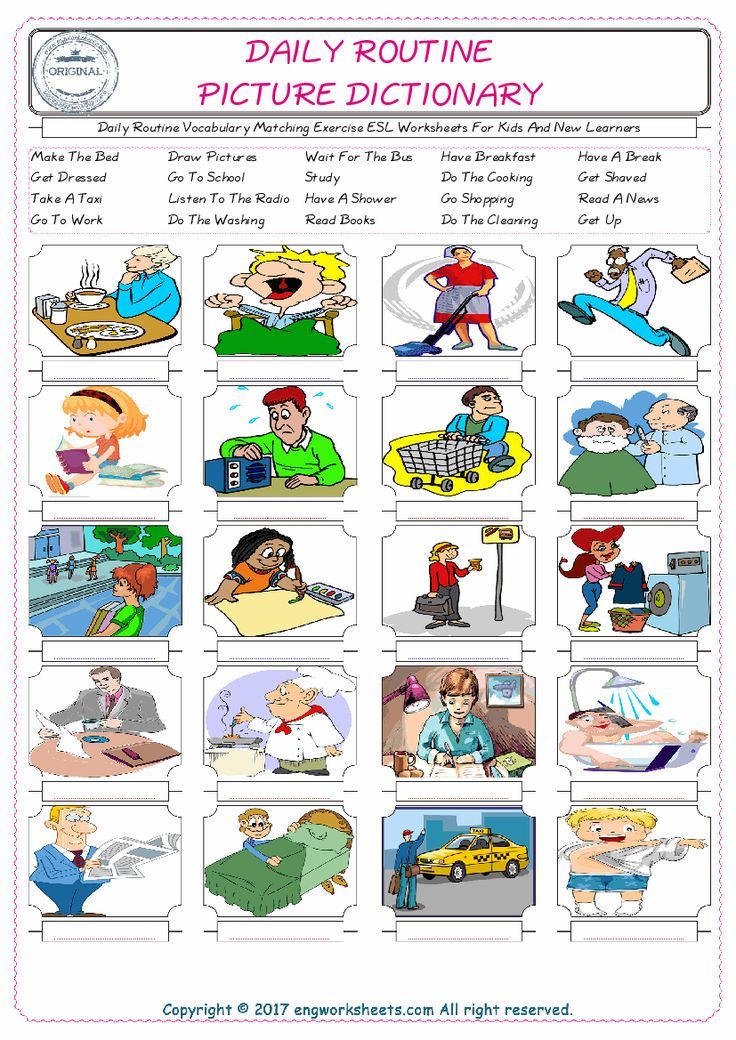
- Spatial orientation (up, down, right, left).
- Concepts of time (second, minute, hour, year), days of the week, months and seasons.
- Dictionary of natural history (names of natural phenomena, animals, plants, birds that are in its immediate environment).
- Numerals (ideally up to one hundred).
- Social science terms (names of holidays, words denoting people's work, human values, etc.).
- Sports (football, hockey, etc.).
- Words denoting emotions, feelings and experiences.
- Parts of the human body.
- Vehicle names.
- Colors and shades.
There are many ways to build a child's passive and active vocabulary. Below we list the main recommendations, the observance of which will allow you to quickly achieve results.
Constant communication with the child is the base that allows the child to learn new words, ask an adult about the objects and phenomena that he observes.
During communication, one should try to use not only definitions familiar to the child, such as “small”, “big”, “good”, etc.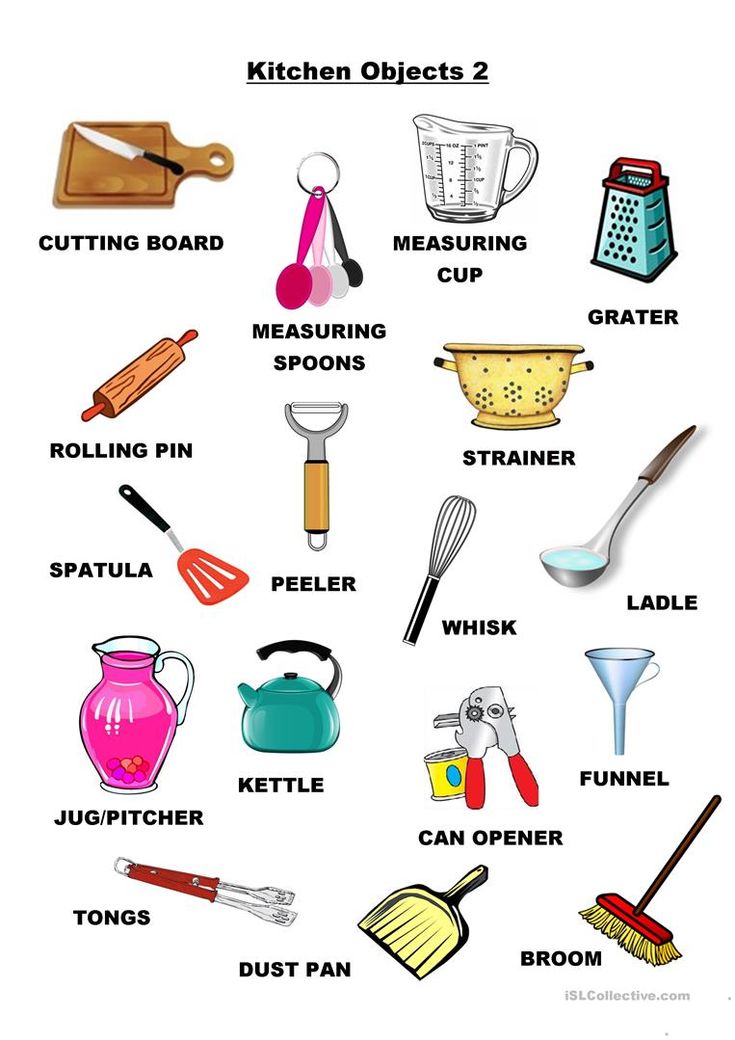 Introduce synonyms into speech that make speech more colorful, use metaphors and epithets.
Introduce synonyms into speech that make speech more colorful, use metaphors and epithets.
It is important to understand that the speech of preschoolers mainly consists of nouns and verbs, so you need to use adjectives as often as possible. Children hardly remember them, so you need to acquaint the child with the shape and color, smell, material, purpose of objects.
You should not just read books aloud, but do it slowly and with intonation. Periodically, you need to stop and ask the child if he understood the meaning of what he read, or if some words are incomprehensible to him. This is very important, because even when reading the simplest book, a child may have a lot of questions that you don’t even know about. Explain the meaning of unfamiliar words to him, and also ask questions about what he read.
You can observe almost everything with your child. Conduct an inspection of the premises in which you visit (during a trip to visit, visiting a clinic, etc.), observe with him natural phenomena, children in the yard, animals and birds.
But don't just be an observer - comment on what you see. Actively share your observations, describe the feelings that you experience while doing this. The observations themselves should be interesting for the child, so if he does not want to look at the children playing on the playground, but wants to take part in this himself, then do not prevent him from doing this.
Looking at pictures and pictures in books contributes to the development of a passive vocabulary. You should describe what is shown in the illustration, as well as ask leading questions to the child.
Drawing up a story from pictures is very helpful. First, you can disassemble each image separately, and then, together with your child, compose a simple mini-story based on these pictures.
Here you can combine business with pleasure. Take your child to the kitchen, for example, where you can cook family dinner together. There is just a huge number of new items, the names and purposes of which may be unknown to him. Demonstrate and name the available kitchen items to him, tell him exactly what they are for.
Demonstrate and name the available kitchen items to him, tell him exactly what they are for.
You can discuss the classification of products with him. So he will understand that vegetable oil is needed for frying, and not to drink it, that it is more convenient to eat soup with a spoon, etc. Surely the child will want to help you, so you can entrust him with some simple and safe task (stir salad with a spoon, sort out buckwheat, etc.).
Play is the form of learning that is most effective in childhood. In this case, you do not need any special devices, so you can play almost anywhere.
Here are a few examples of such games:
- We name the attribute of an object and correlate a certain object with it. For example, large (elephant, skyscraper, world), white (bread, sheet of paper, etc.).
- Guess the profession. Examples: a person who drives a car ... (driver), a person who sells products ... (salesman).
- "I know five." At an early age, it is important to know not only a lot of words, but also to classify them into certain categories.
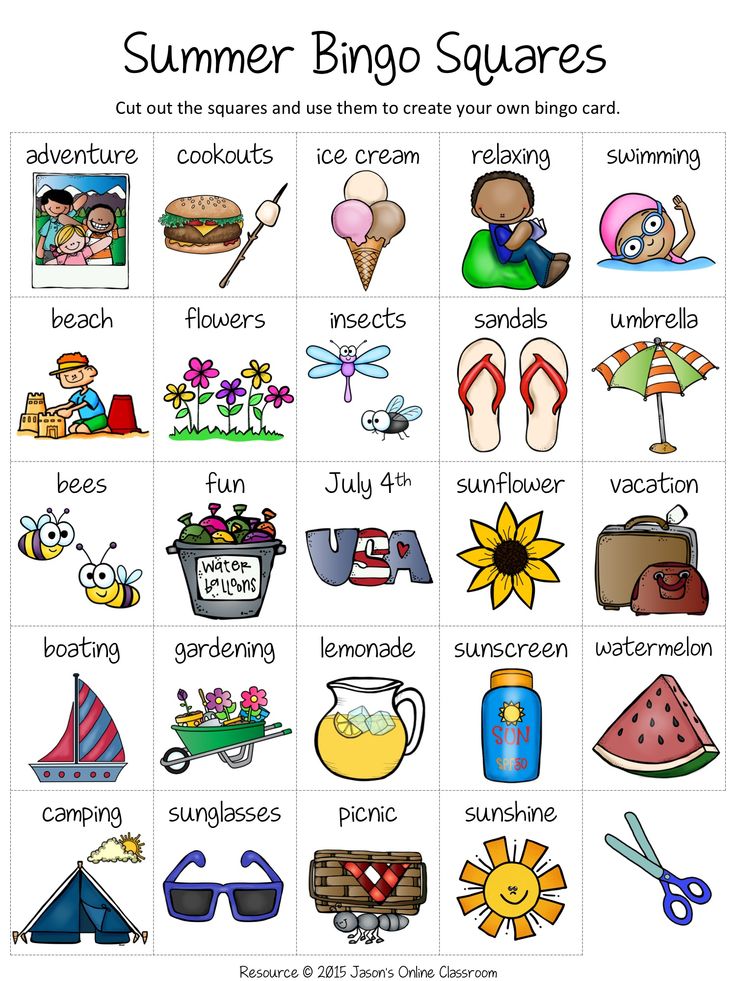 You can invite the child to name 5 types of animals, types of transport, etc.
You can invite the child to name 5 types of animals, types of transport, etc. - "Edible-inedible". You name any word and throw the ball to the child. If the word is “edible” (ice cream, apple, watermelon), then the child catches the ball, and if it means an inedible object, then the ball is discarded.
- "Say the opposite." You say a word, and the child must name its antonym: hot - cold, slow - fast, clean - dirty.
- "Who lives where?". You name an animal or bird and throw the ball to the child. He catches the ball, names the place where the animal lives, and returns the ball. Examples: - a bear - in a den, a fox - in a hole, etc.
Games greatly influence the increase in words that the child will later use in his everyday speech. It is important to use as many complex and unfamiliar terms and concepts as possible, explaining in detail what they mean. Remember that all activities should be carried out in a fun and relaxed atmosphere, as well as praise the child, even if his progress at this stage is insignificant.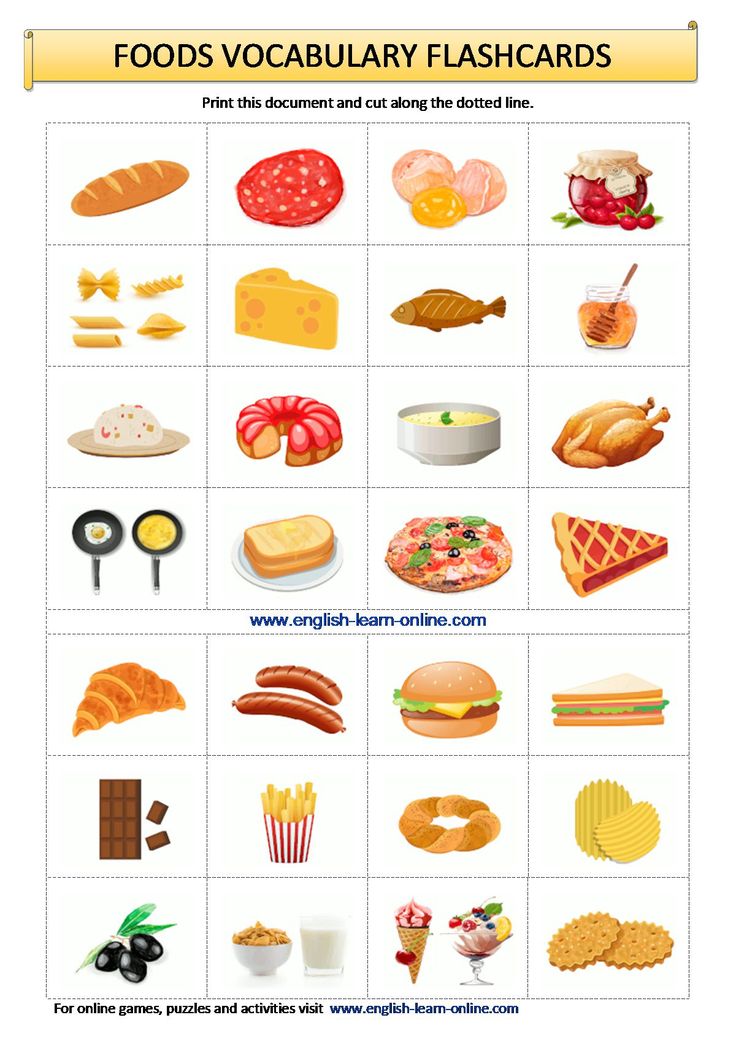
4 Like
children Parents vocabulary
Related articles
- We all want to make our children happy
- Classes with children under the program of prevention and correction
- How to help your baby speak: from onomatopoeia to freedom of thought
- Motor alalia in a child: signs, types and treatment
- Prevention of addictive behavior
And get a speech therapist's case as a gift
in the first letter! 🎁
Expanding the child's vocabulary!
An active leap in the development of a child's speech occurs from 2 to 3 years: at this time, the vocabulary increases by 5-10 times. If at the age of two the baby uses only 50 of the simplest words, then by the age of 3 years his vocabulary can already reach 300-700 words. What words form the basis of a three-year-old's vocabulary? First of all, these are the names of well-known objects and phenomena: toys, animals, body parts, dishes, furniture.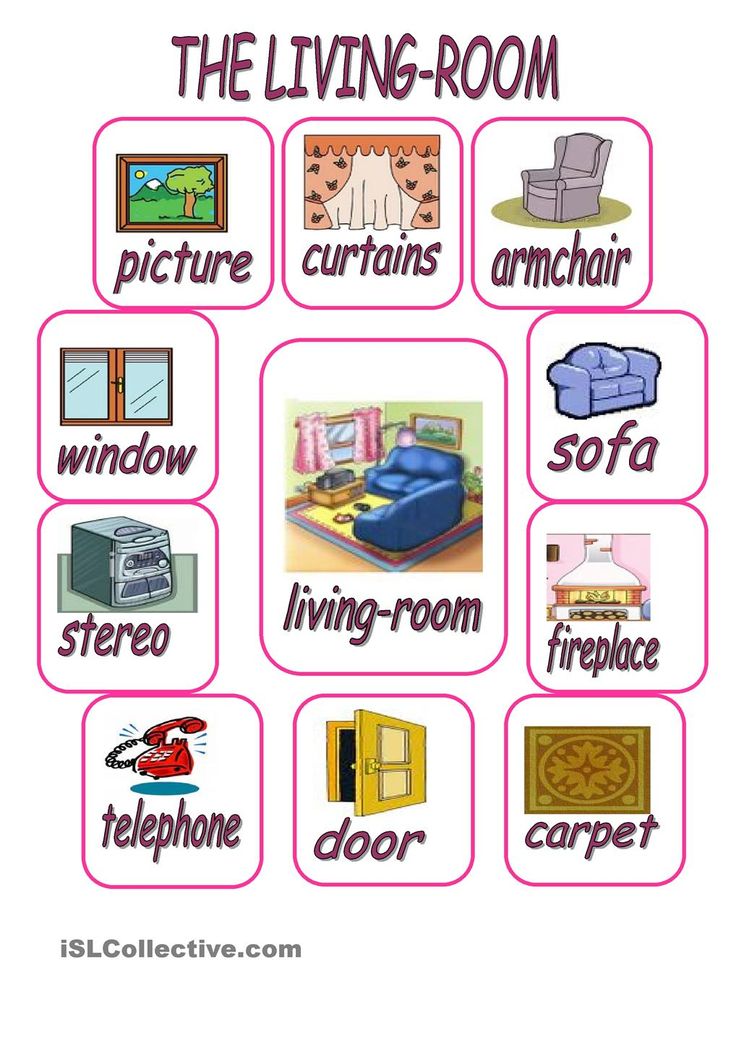 At this time, the child begins to actively communicate, and his speech is enriched with generally accepted words, often used in dialogues: hello, bye, thank you, please, goodbye . It can also indicate the qualities of different people: kind, good, evil, beautiful . Gives his name, gender and age. Distinguishes singular and plural nouns and verbs (“car is driving” and “cars are driving”), understands the meaning of prepositions (that is, knows exactly what needs to be done if they say: “put the ball in the box” or “look for a pencil on the table”) . In addition, three-year-olds already have a good understanding of short stories and fairy tales (both based on illustrations and without them).
At this time, the child begins to actively communicate, and his speech is enriched with generally accepted words, often used in dialogues: hello, bye, thank you, please, goodbye . It can also indicate the qualities of different people: kind, good, evil, beautiful . Gives his name, gender and age. Distinguishes singular and plural nouns and verbs (“car is driving” and “cars are driving”), understands the meaning of prepositions (that is, knows exactly what needs to be done if they say: “put the ball in the box” or “look for a pencil on the table”) . In addition, three-year-olds already have a good understanding of short stories and fairy tales (both based on illustrations and without them).
- Teach your child to replace “childish” names of objects, actions, people with their correct names: not “beep”, but a car, not “lyalya”, but a doll, not “yum-yum”, but there.
- Repeat an unfamiliar word with your child several times, come up with different phrases and sentences with this word.
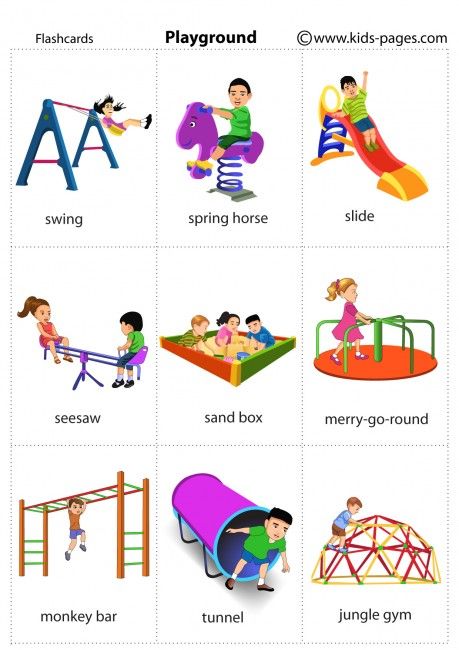
- Train your child's speech apparatus by repeating tongue-twisters with him: "Oop-op-op-op - I'm making daddy's soup", "Doo-doo-doo, doo-doo-doo - the children run in the garden", "Ko-ko -cat loves milk", "Is-li-is the soup salty, not salt!".
At 4 years of life, children begin to better understand the relationship between objects and phenomena and make simple conclusions. At this age, they ask especially many questions (How? Why? Why? What is it called? What does it mean?). At 4 years old, a child's active vocabulary already reaches 1500 - 2000 words. The child is able to build complex sentences, uses prepositions and conjunctions (for, before, instead of, after, because, how much, when). The concepts of time and space are added to speech. The child understands what generalizing words are: plums, apples and pears are fruits, a jacket and coat are clothes. Children replace unfamiliar words with “this” or “that” if they don’t know the exact name (“Give me that!”).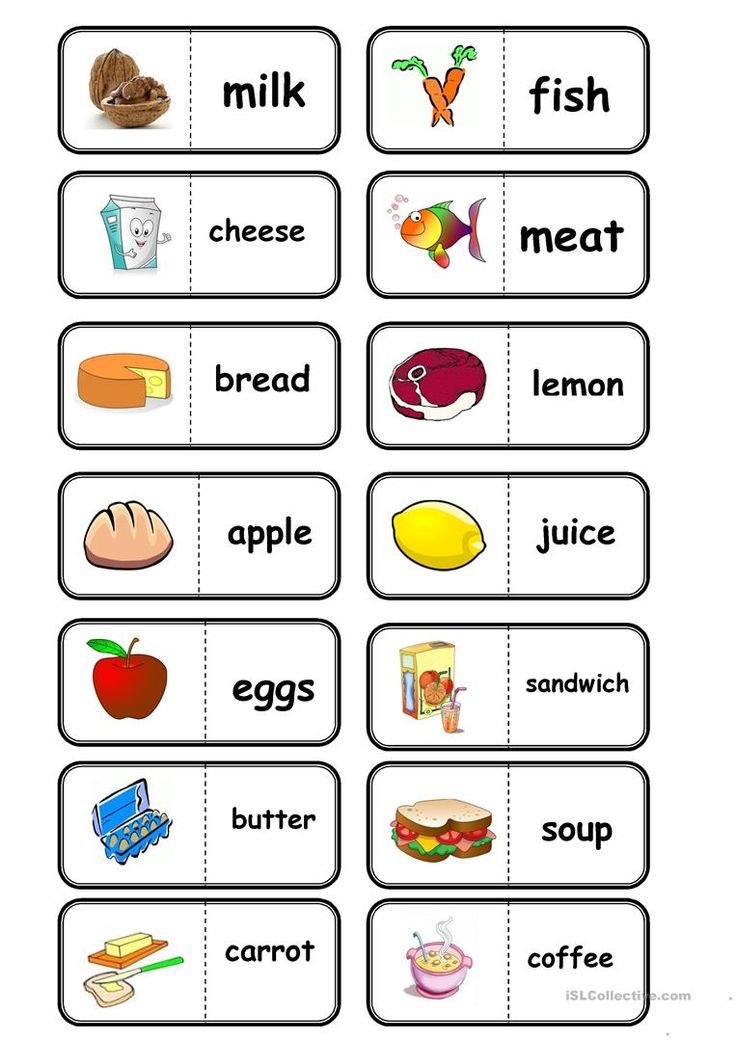
- Show your child pictures that make sense and ask him to find a common word for the objects, animals or people shown. Such an exercise develops not only logical thinking , but also fantasy (for example, if you show a child images of boys and girls, both “children” and “kids”, “pupils”, “friends” can become generalizing words and others).
At 5 years old the child must master all the sounds of his native language, and his vocabulary can already reach 3000 words. He confidently uses all parts of speech and is able to describe almost all objects of the reality around him.
- Name some word and ask the child to suggest the opposite in meaning: hot-cold, soft-prickly, bright-dim, light-dark.
- Choose any object and name the adjectives that describe this object with the child in turn. For example, an apple is ripe, red, smooth, tasty, juicy, appetizing.
- To stop the child's speech from being monosyllabic and jerky, try to make up stories with him, looking at the picture, let him describe those who are depicted in it, what they do, how they look, how they treat each other, etc.

Closer to 6 years children's speech is actively enriched with figurative concepts and phrases (at least gouge out the eye, no light, no dawn, eat to satiety). The child begins to understand grammatical rules, correctly builds words in a sentence, tries to guess what an unfamiliar word means.
- Name different words for your child, for example, items of clothing and ask them to exclude the superfluous: T-shirt, pants, dress, bucket, coat.
- Introduce proverbs and sayings into communication, explain in which case they are used: for example, during lunch: “And Vaska listens and eats”, during training or cleaning: “Without labor you can’t even pull a fish out of a pond” or “ Hurry up and make people laugh."
The most important rule, at first glance, and the simplest one is to talk to the child as much as possible, literally from the first days of life. Going for a walk, talk about the weather, name the brands of cars, the names of plants.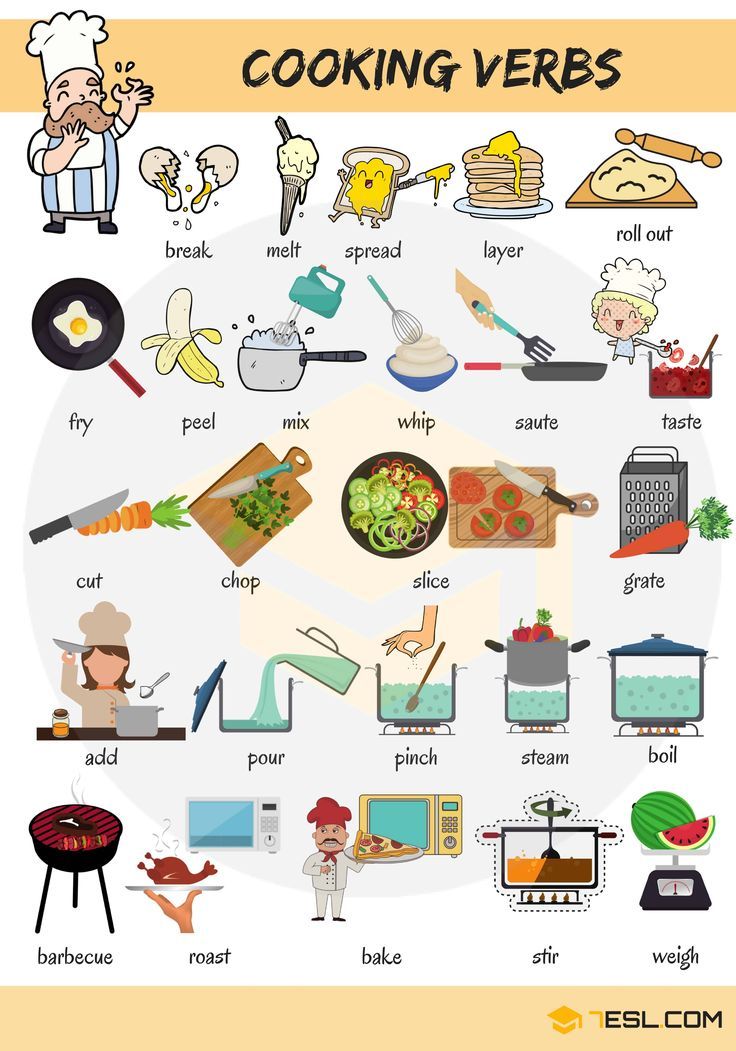 If the child is in the kitchen when you are preparing dinner, explain what you are doing, pronounce the names of the items of utensils and the various ingredients of the dish. Don't be afraid to give your child long and difficult words. Children surprisingly well remember both the names of unusual dishes and the names of dinosaurs.
If the child is in the kitchen when you are preparing dinner, explain what you are doing, pronounce the names of the items of utensils and the various ingredients of the dish. Don't be afraid to give your child long and difficult words. Children surprisingly well remember both the names of unusual dishes and the names of dinosaurs.
As you develop your child's vocabulary, focus on new adjectives. Very often, a child can express his emotions in relation to an object only with the help of a standard set of words: “cool”, “beautiful”, “interesting”. Try to introduce as many descriptive adjectives as possible into the child's vocabulary - "amazing", "inimitable", "touching", "amazing". The use of adjectives characterizes the brightness and imagery of human speech.
Don't bombard your child with new words. Try to include in conversations with him one unfamiliar new word. At the same time, just naming the word is not enough, it is better to explain what it means, whether it is used now or can only be found in books.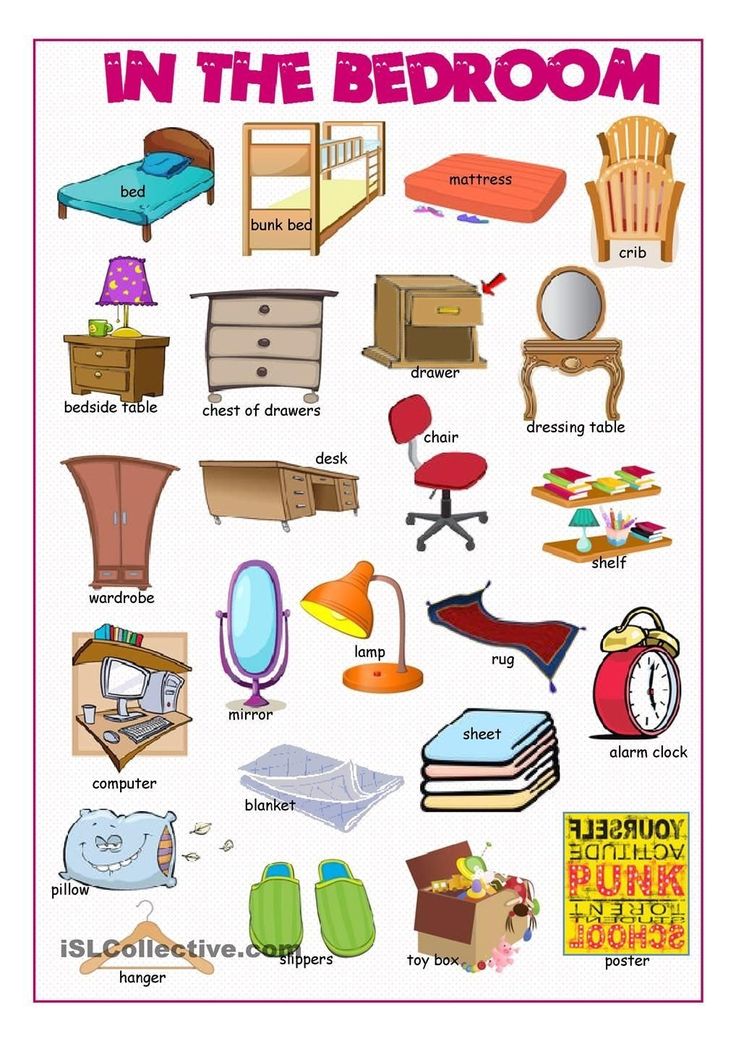

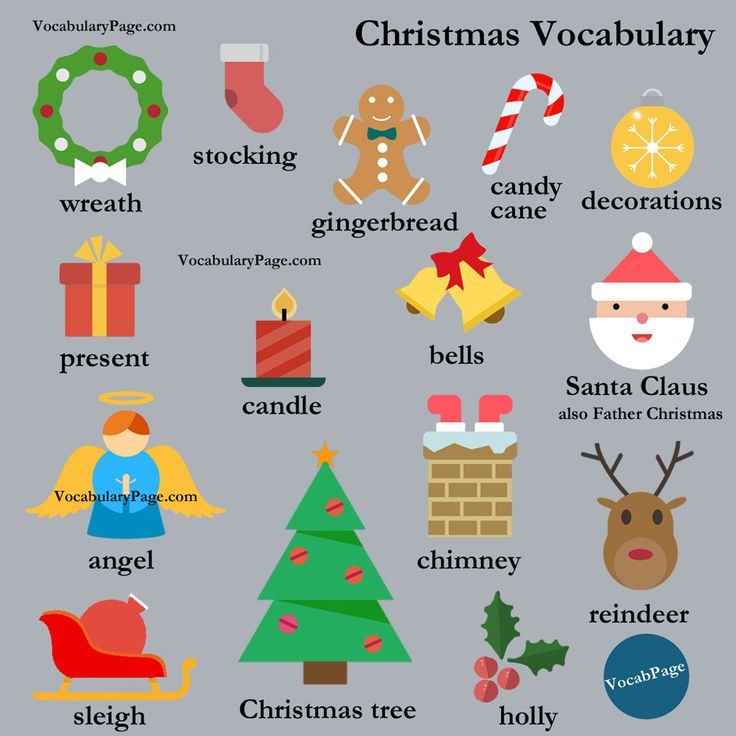 *
*